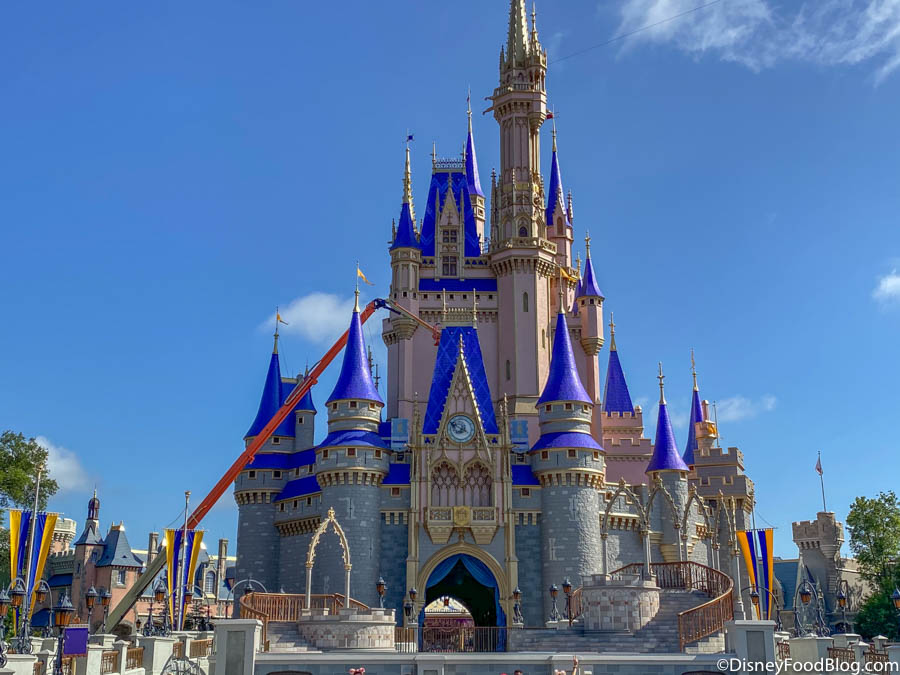
Understanding DVC Contract Expiration Dates
One of the most important factors in purchasing a Disney Vacation Club resale contract is understanding expiration dates and how they impact value, usability, and long-term planning. Every DVC contract has a predetermined end date when the ownership interest returns to Disney, and this timeline significantly affects pricing and vacation planning strategies.
What Happens When a Contract Expires?
When your DVC contract reaches its expiration date, your ownership interest terminates and the property reverts back to Disney. You do not receive any compensation for the contract when it expires, which is why contracts with dates further in the future typically command higher resale prices. It's crucial to understand that you cannot extend or renew your ownership beyond the contracted expiration date.
However, you can continue using your points right up until the expiration year. For example, if your contract expires in 2042, you can use your 2042 allocation of points for travel in 2042 or even bank them into 2043 for one final vacation using your banked points.
Current DVC Resort Expiration Dates
Different DVC resorts have different expiration dates based on when they were built and established as timeshare properties. Old Key West contracts expire in 2042, while properties like Animal Kingdom Lodge, Beach Club, BoardWalk, and Saratoga Springs share this same date. Wilderness Lodge, Bay Lake Tower, and Grand Floridian extend to 2060 or 2064. The newest properties like Riviera and Aulani have contracts extending into the 2060s.
When shopping for a resale contract, you'll notice significant price differences between 2042 contracts and those expiring in the 2060s. A BoardWalk contract expiring in 2042 might sell for $100-115 per point, while a Riviera contract with a 2070 expiration could command $140-160 per point.
Calculating Years of Use Remaining
A simple but important calculation for any DVC buyer is determining how many years of use remain on a contract. If you're purchasing in 2025 and looking at a 2042 contract, you have 17 years of vacations ahead. For a 2064 contract, you're getting 39 years of use. This calculation helps justify the price difference between contracts with different expiration dates.
Consider your family's vacation timeline as well. If your children are currently young, a 2042 contract provides vacations through their college years and beyond. If you're approaching retirement, those 17 years might perfectly align with your most active travel years, making the lower-priced contract with a closer expiration date an excellent value proposition.
Impact on Resale Value
As contracts get closer to expiration, their resale value declines - this is sometimes called "contract decay." A contract that's 15 years from expiration will sell for significantly less per point than the same resort with 40 years remaining. This decay accelerates as the expiration date approaches, particularly once a contract drops below 10 years remaining.
For buyers, this means purchasing a contract with fewer years remaining offers lower upfront costs but reduced flexibility for resale in the future. Conversely, buying a longer contract costs more initially but holds value better over time and provides more years of use for your family.
Making the Right Choice for Your Family
The ideal expiration date depends on your personal circumstances, vacation plans, and budget. Younger families might prefer longer contracts to maximize years of use, while buyers focused on the next 10-15 years of travel might find exceptional value in 2042 contracts. There's no universally "correct" choice - it's about aligning the contract duration with your family's needs and financial goals.
Remember that regardless of expiration date, you're getting the same high-quality Disney accommodations and member benefits during your ownership period. The key is ensuring the number of years remaining aligns with your vacation timeline and represents good value for your investment.
